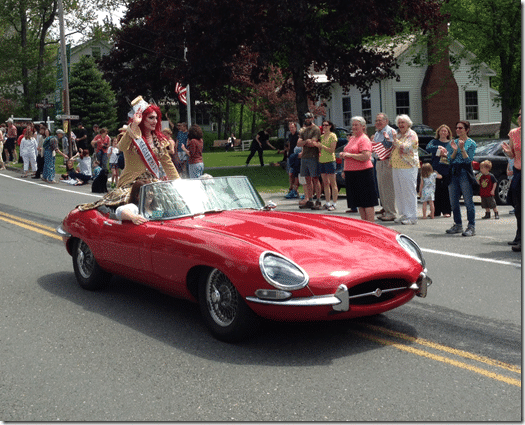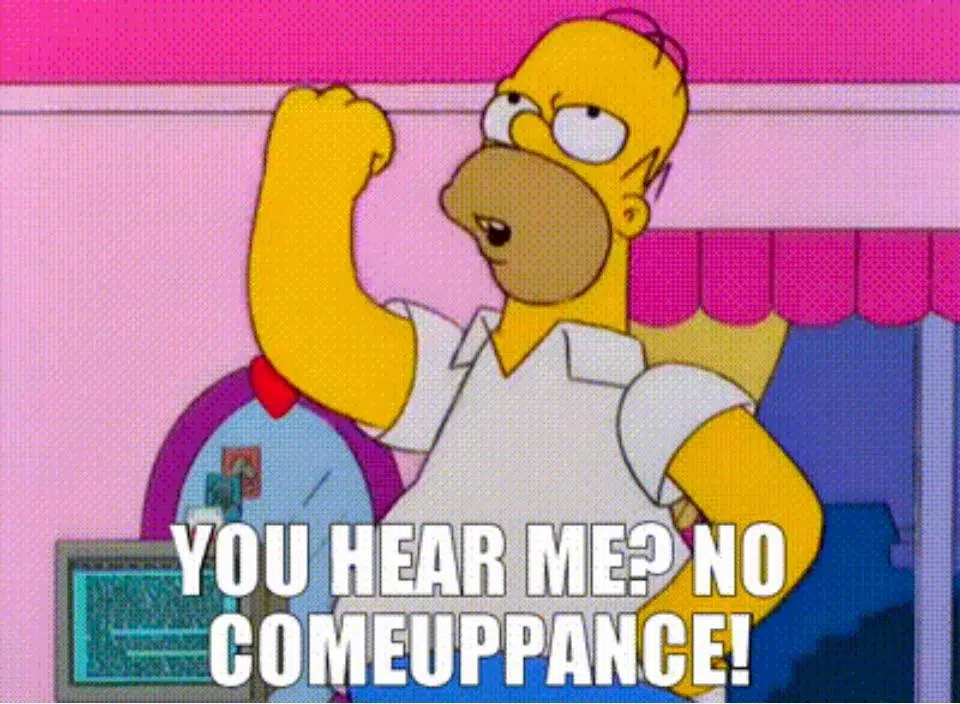The SAT is changing. The essay section has been made optional. The top score is being reverted back to 1600. There are no longer penalties for incorrect answers. The vocabulary will be more practical.
At the same time, the SAT is more important than ever. Companies have begun using SAT scores as part of the hiring process.
This is the time of year when my former students visit my classroom to report their scores.
Oftentimes they ask me what I scored on the SAT.
I never took the SAT. I have an Associates Degree in Liberal Arts, a Bachelor’s Degree in English and a Master’s Degree in Educational Technology, but I never took the test.
When I was in high school, I wasn’t really sure what the SAT was, and no one ever explained it to me.
My parents were not involved in my educational career. As impossible as it may seem, the word “college” was never mentioned once in our household, even though I graduated in the top 10% of my high school class, played three musical instruments, and was a district pole vaulting champion.
The expectation in our home was simple:
Graduate high school and make your own way in the world.
As a result, the SAT was never mentioned to me.
School was no better.
For reasons that I still don’t understand, the guidance counselors at my high school never approached me about SAT or any other college planning. While my friends were constantly being pulled from class to discuss their futures, I remained behind, anxiously awaiting my turn.
My turn never came. Eventually I began to believe that I had no future.
I wish I had done a better job advocating for myself, but coming from an impoverished home where college was never presented as an option, I knew almost nothing about secondary school.
I was unaware that financial aid existed.
I knew nothing about community colleges.
If you had asked me to name three colleges, I’m not sure that I would’ve been able to.
I knew so little about college that when my guidance counselors never called for me, I simply assumed that if you didn’t have the money, you couldn’t go to college.
I didn’t think that college was for people like me.
Eventually I made it to college. Five years after high school, I enrolled in Manchester Community College. I took two classes during my first semester and went fulltime after that.
Three years, I graduated with a degree in Liberal Arts and was offered a full scholarship at Trinity College. I attended St. Joseph’s University at the same time, eventually earning degrees from both schools.
Ten years later, I earned my Master’s Degree.
Never was I required to take the SAT. Never was I even asked for a score.
I assume that community college didn’t require an SAT score, and based upon my performance there, schools like Trinity and St. Joseph’s didn’t think that an SAT score was important.
Still, I’ve always wondered what I would’ve scored on the SAT. I hear my friends, colleagues and former student discuss their results from time to time, and I always feel left out of the conversation. I’ve never met anyone who attended college but never took the SAT. I assume that there are people out there like me, but I have yet to meet one.
I’ve also considered taking the SAT, but the time and money required seems like a waste, and at my age, I doubt that my score would even be valid.
It’s a little strange going through life missing such a universal right of passage. When I tell my former students that I never took the test, they are always incredibly envious. I remind them of how fortunate they are to be on the path to college. To know that the path exists. To know how to navigate the path and to have others helping them along the way.
I remind them that although I wasn’t required to take the test in order to get into college, I also spent five years toiling away in dead in jobs, living in my car and with a goat, awaiting trial for a crime I did not commit, and worse.
I guess I took a different kind of test.









